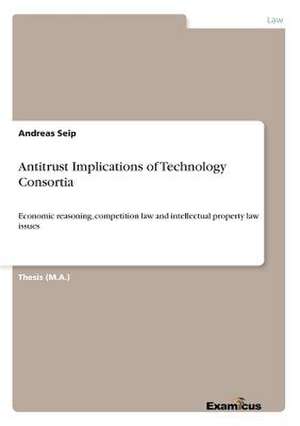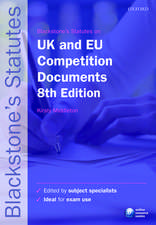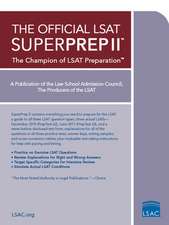Antitrust Implications of Technology Consortia
Autor Andreas Seipen Limba Engleză Paperback – 4 oct 2012
Preț: 381.92 lei
Preț vechi: 471.50 lei
-19% Nou
Puncte Express: 573
Preț estimativ în valută:
73.08€ • 76.49$ • 60.83£
73.08€ • 76.49$ • 60.83£
Carte tipărită la comandă
Livrare economică 31 martie-14 aprilie
Preluare comenzi: 021 569.72.76
Specificații
ISBN-13: 9783869430461
ISBN-10: 386943046X
Pagini: 116
Dimensiuni: 148 x 210 x 9 mm
Greutate: 0.16 kg
Ediția:2. Auflage
Editura: Examicus Verlag
ISBN-10: 386943046X
Pagini: 116
Dimensiuni: 148 x 210 x 9 mm
Greutate: 0.16 kg
Ediția:2. Auflage
Editura: Examicus Verlag






